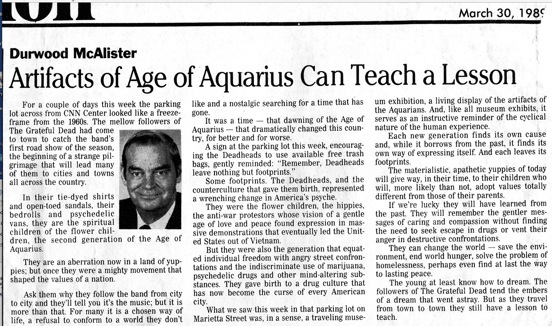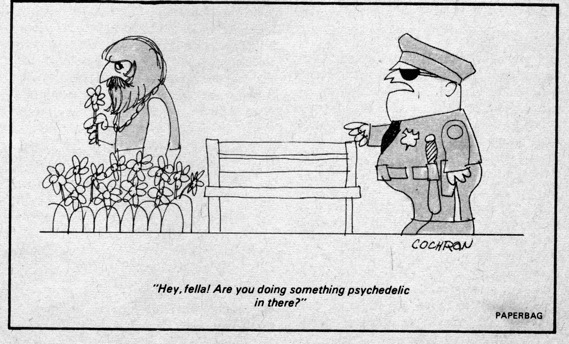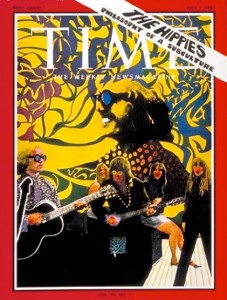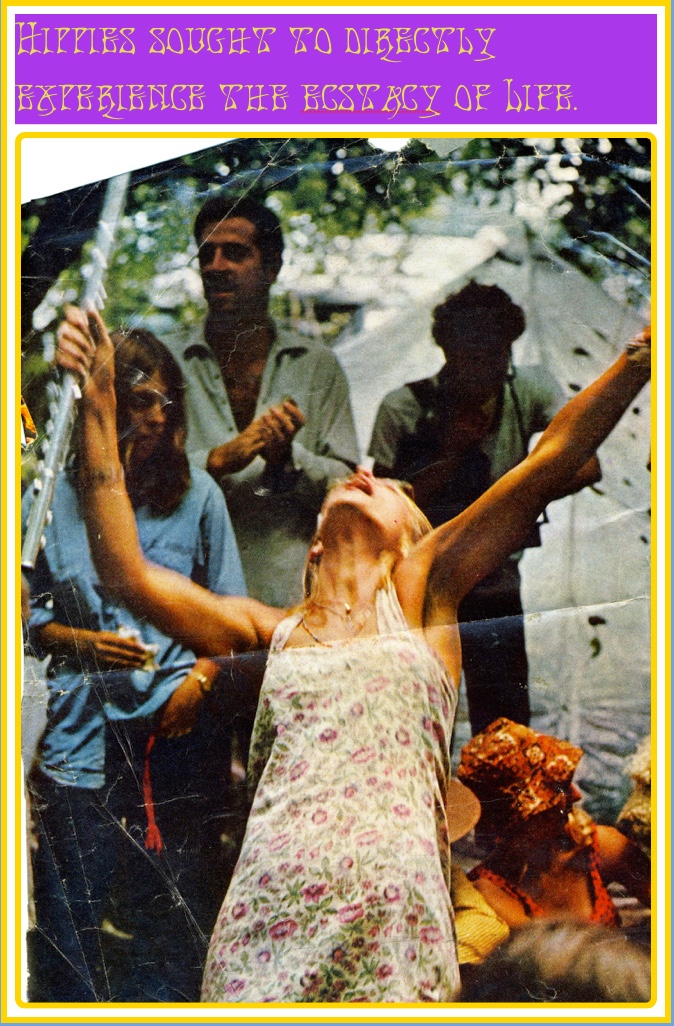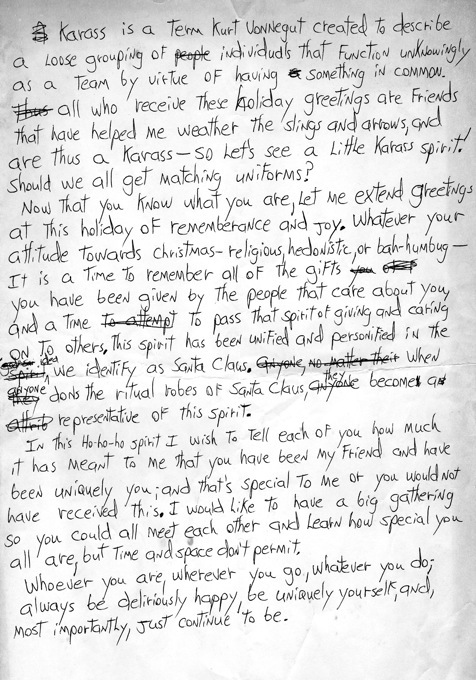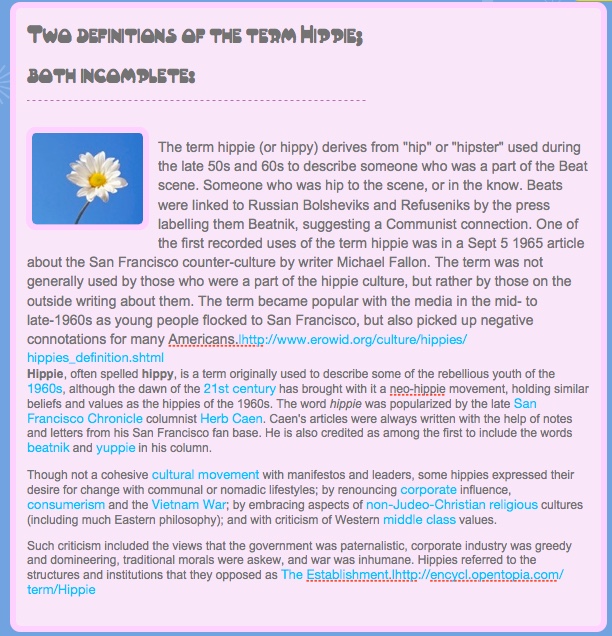

 Hep Cats to Flower Children
Hep Cats to Flower Children
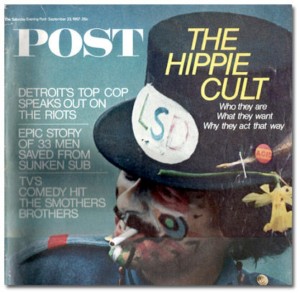 The term hippie (or hippy) derives from “hip” or “hipster” used during the late 50s and 60s to describe someone who was a part of the Beat scene. Someone who was hip to the scene, or in the know. Beats were linked to Russian Bolsheviks and Refuseniks by the press labeling them Beatnik, suggesting a Communist connection. One of the first recorded uses of the term hippie was in a Sept 5, 1965 article about the San Francisco counter-culture by writer Michael Fallon. The term was not generally used by those who were a part of the hippie culture, but rather by those on the outside writing about them. The term became popular with the media in the mid- to late-1960s as young people flocked to San Francisco, but also picked up negative connotations for many Americans.
The term hippie (or hippy) derives from “hip” or “hipster” used during the late 50s and 60s to describe someone who was a part of the Beat scene. Someone who was hip to the scene, or in the know. Beats were linked to Russian Bolsheviks and Refuseniks by the press labeling them Beatnik, suggesting a Communist connection. One of the first recorded uses of the term hippie was in a Sept 5, 1965 article about the San Francisco counter-culture by writer Michael Fallon. The term was not generally used by those who were a part of the hippie culture, but rather by those on the outside writing about them. The term became popular with the media in the mid- to late-1960s as young people flocked to San Francisco, but also picked up negative connotations for many Americans.
Hippie, often spelled hippy, is a term originally used to describe some of the rebellious youth of the 1960s, although the dawn of the 21st century has brought with it a neo-hippie movement, holding similar beliefs and values as the hippies of the 1960s. The word hippie was popularized by the late San Francisco Chronicle columnist Herb Caen. Caen’s articles were always written with the help of notes and letters from his San Francisco fan base. He is also credited as among the first to include the words beatnik and yuppie in his column.
Though not a cohesive cultural movement with manifestos and leaders, some hippies expressed their desire for change with communal or nomadic lifestyles; by renouncing corporate influence, consumerism and the Vietnam War; by embracing aspects of non-Judeo-Christian religious cultures (including much Eastern philosophy); and with criticism of Western middle class values.
Such criticism included the views that the government was paternalistic, corporate industry was greedy and domineering, traditional morals were askew, and war was inhumane. Hippies referred to the structures and institutions that they opposed as The Establishment.
In Politics of Ecstasy, Dr. Timothy Leary states “Hippy is an establishment label for a profound, invisible, underground process. For every visible hippy, a barefoot, beflowered, beaded, there are a thousand invisible members of the turned in to their inner vision, who are dropping out of the TV comedy of American Life.”
Americans of all walks were fascinated and titillated by the idea of this free and feral group – the hippies. Documentaries and exploitation flicks flooded the brains of Suzy Creamcheese and her extended family.
HIP = (Human Improvement Project)
Hippie was a media term we were eventually forced to use, and now bear proudly. At the time each of us experienced being made to feel like a freak, so that is what we called ourselves, Freaks.
In 3/5 Mile in 10 Seconds The Jefferson Airplane stated the feeling emerging as we began to gather and discover we were not alone.
Do away with people blowing my mind
Do away with people wasting my precious time
Take me to a simple place
Where I can easily see my face
Maybe, baby I’ll see that you were kind
…
Do away with people laughing at my hair
Do away with people frowning on my precious prayers
Take me to a circus tent
Where I can easily pay my rent
And all the other freaks will share my cares
Have YOU ever been Experienced?
